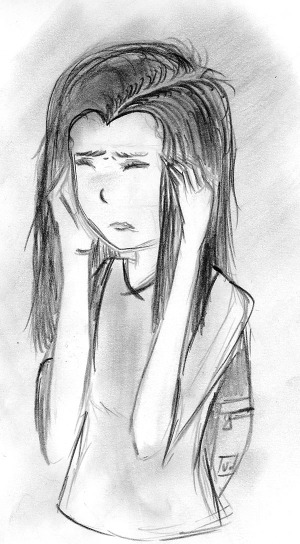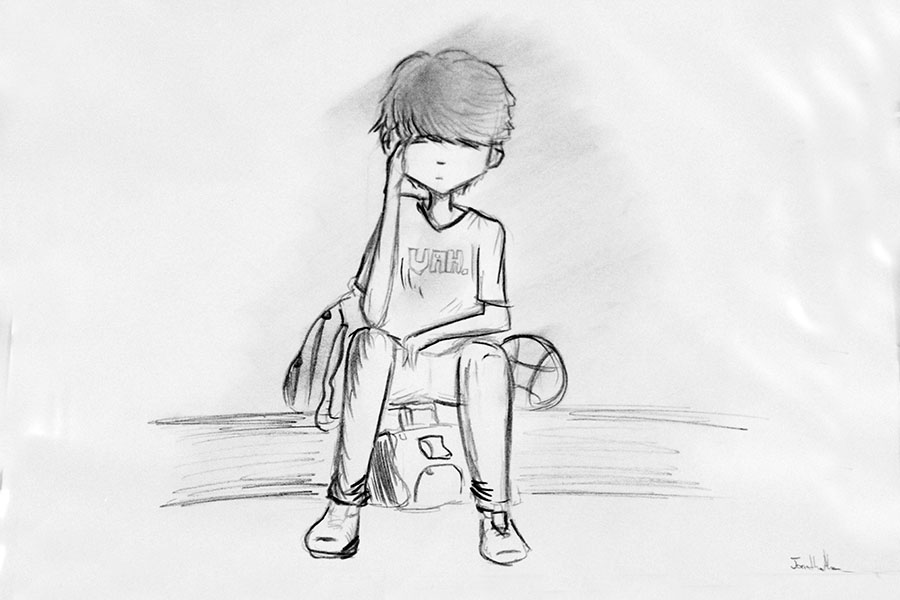MINDING THE PAIN
Three athletes share how concussions affected their lives last year
January 9, 2015
Dizziness. Nausea. Headaches. Sensitivity to light. Lightheaded. Loss of balance. Forgetting who and where they are. Three students experienced these symptoms after suffering from concussions last year.
Senior Hailee Brummitt had three concussions which happened over a total of two months during her junior year as a cheerleader.
“I had to sit out and cheer instead of actually doing stuff,” Brummitt said. “I grew to become less attached to my phone. I know on my third one I learned ways to get around. They said to not focus your eyes, so I went swimming, or shopping; I refused to stay in my bed.”
Sophomore Jared Tramel also received a concussion through a sport. Football is the leading cause of concussions in sports for men, according to Brainline.org.
“I couldn’t play football,” Tramel said. “I wouldn’t stay in bed. I would just kinda go around the house, annoying my family, or try to entertain myself. I was only out for a week or two, so it wasn’t too hard to catch up, but it still took a lot of work. It’s not easy.”

Concussions may be caused on the playing field, but the traumatic brain injury hinders day to day life. All three students had a hard time in class after receiving their concussions.
“I felt like I was going to throw up,” said junior Vinny Whetstone, who suffered a concussion during football season his sophomore year. “I couldn’t really move a whole lot, let alone do anything else. It affected my learning after a while. I had a hard time paying attention.”
Tramel was also affected by his concussion in his everyday life.
“It made school work harder,” Tramel said. “We couldn’t use our phones, at least I couldn’t. I couldn’t watch TV. I remember I annoyed the crap out of my family, and I laughed way too much. I laughed about nothing, basically.”
The lack of activity in the daily lives of concussed people is made up for the new interest in sleep.
“There’s a point where you sleep so much that you don’t want to sleep anymore,” Brummitt said. “You’re tired of sleeping.”
After receiving a first concussion, the risk of getting another one goes up, according to the Center for Disease Control. Coaches become more cautious, and parents start worrying more so than they already were, and athletes train differently.
“My concussion made me be more careful,” Whetstone said. “It taught me to be more aware of things around me and to be more cautious. For football, I learned to play smarter.”



